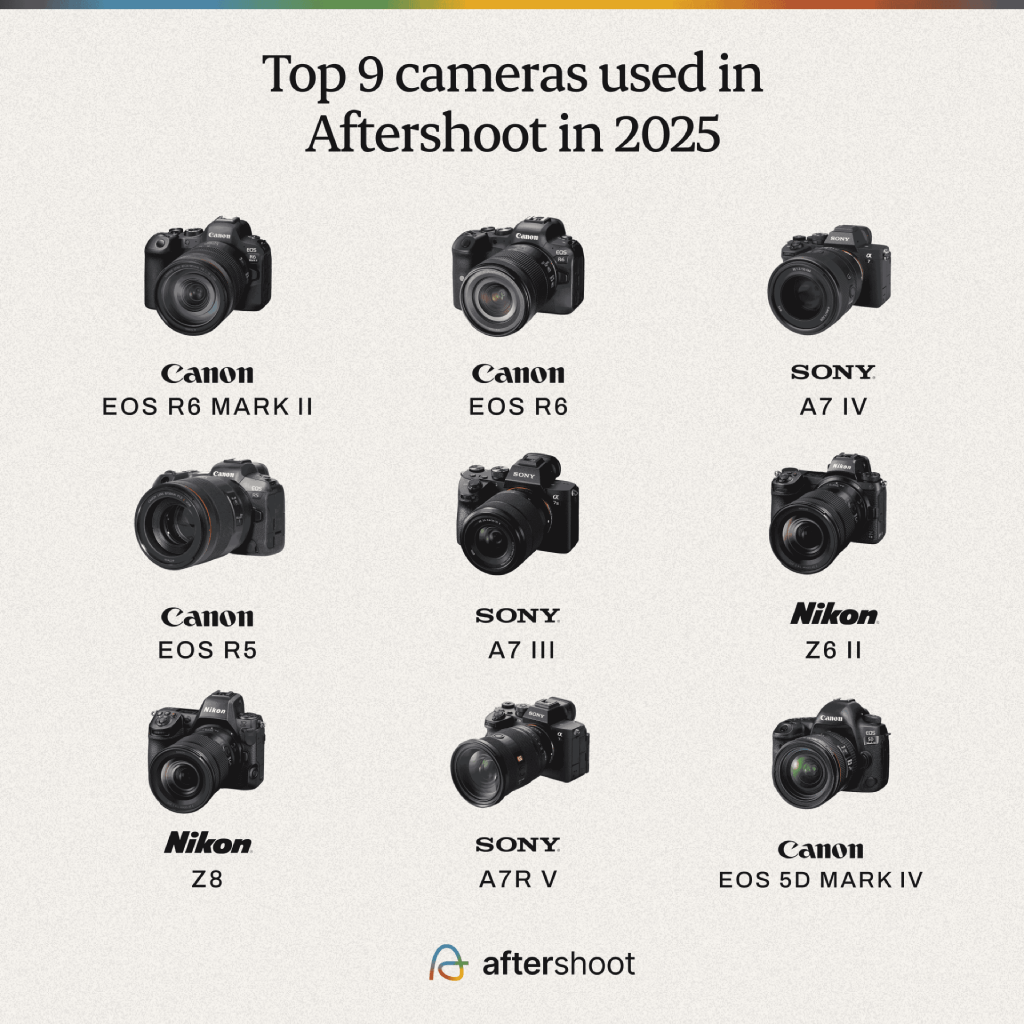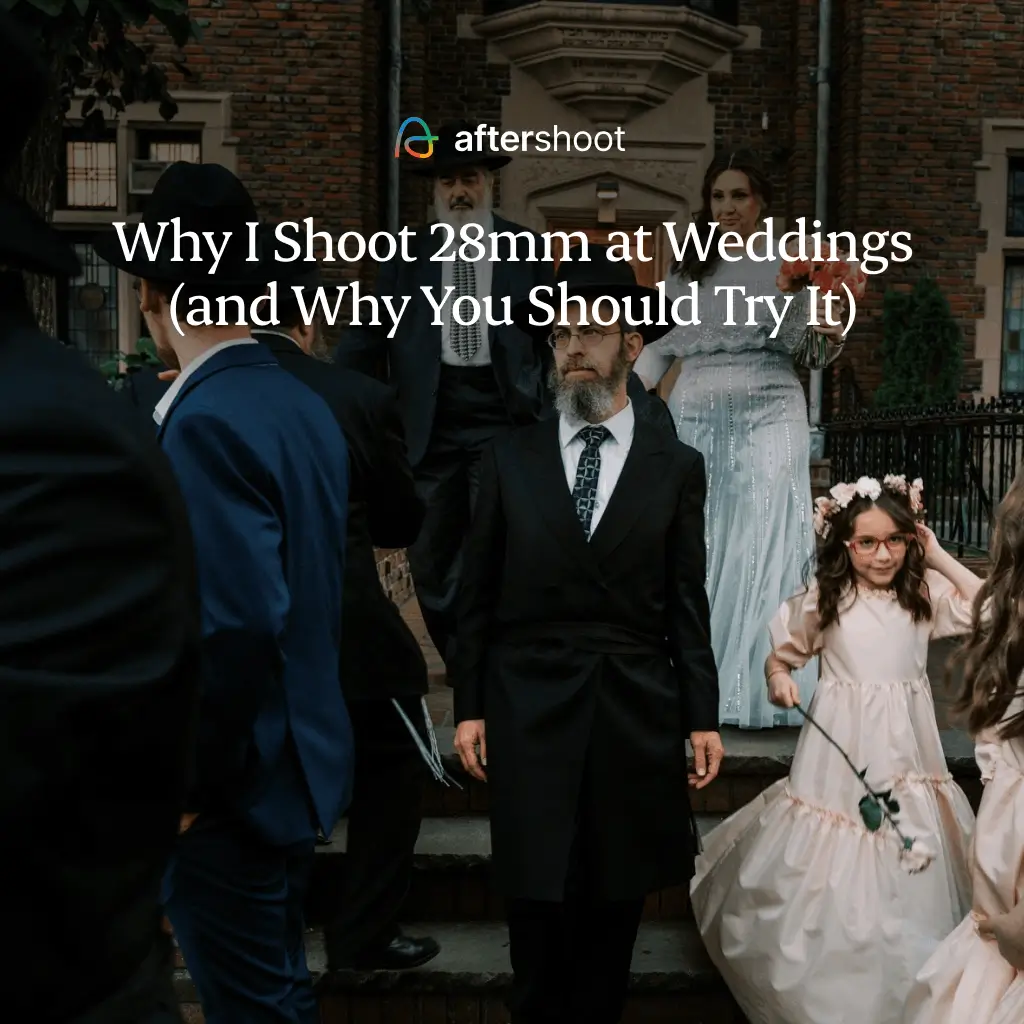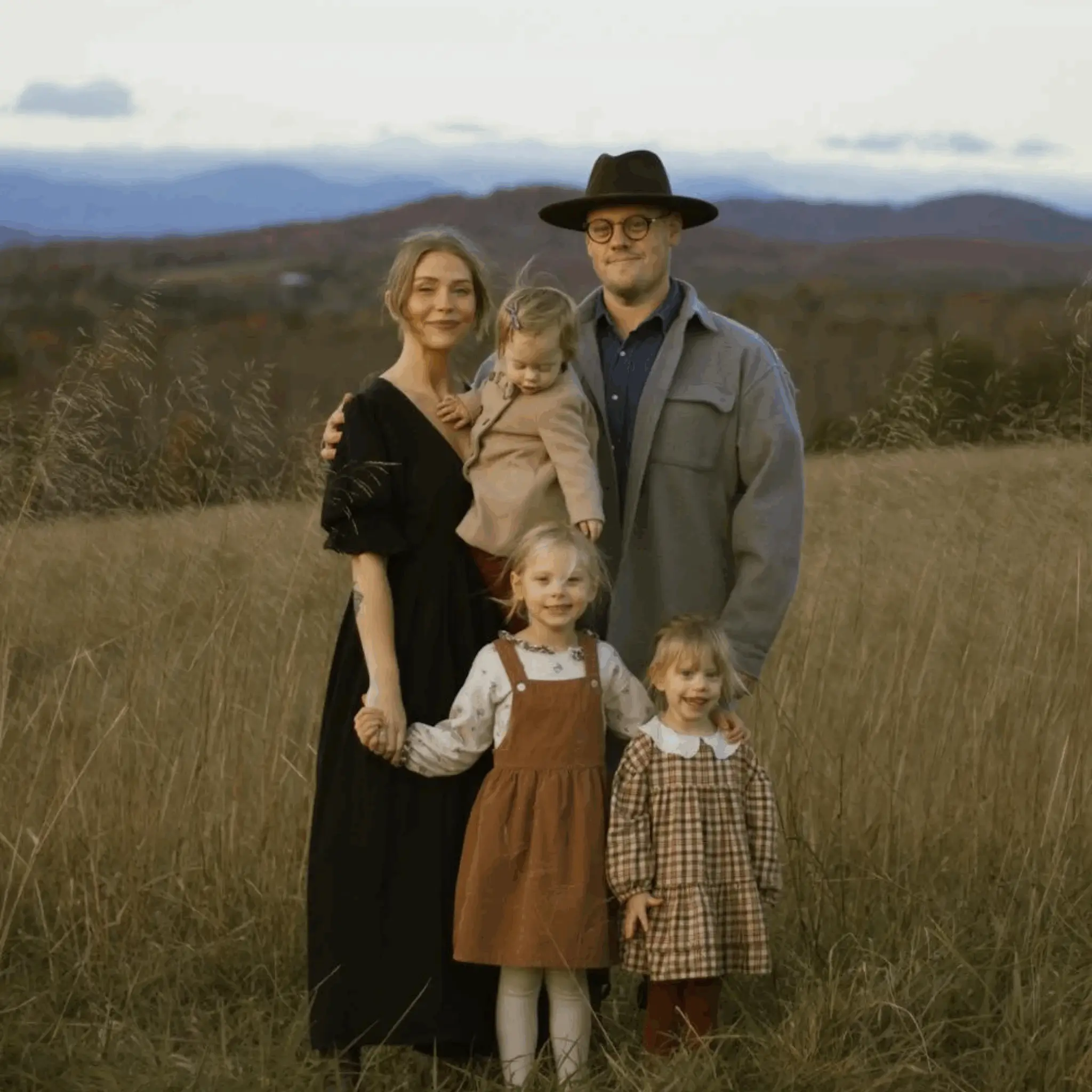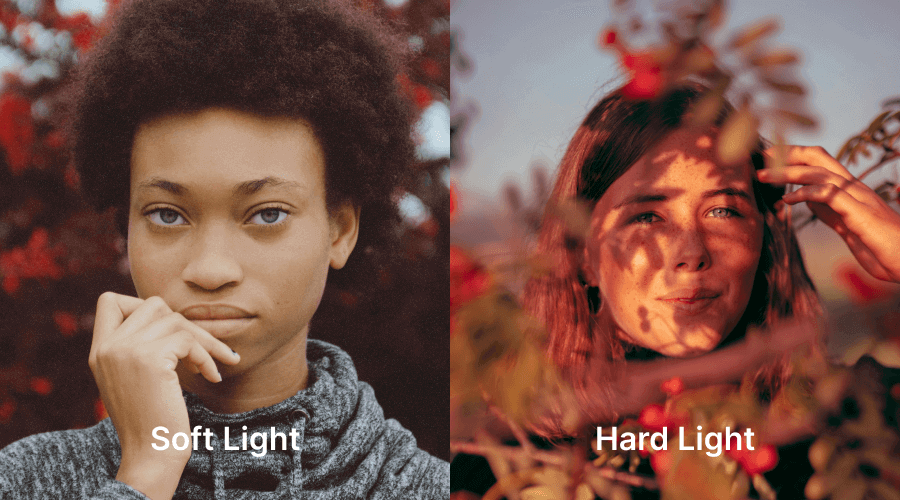
Welcome to the fascinating world of photography lighting techniques, where the debate of hard light vs soft light takes center stage.
Whether you’re capturing portraits, landscapes, or still life, understanding the nuances and harnessing these lighting methods is your ticket to elevating your craft.
In this article, we’ll delve into hard vs soft light, explore their unique characteristics, and give you a few pointers for using these photography lighting techniques. Before we begin, here’s an in-depth video on how to use hard light and soft light in photography (also check out Part 2 to view the final results)
What is Hard Light?
Let’s start with hard light, the bold and unapologetic counterpart to soft light.
Hard light is characterized by its intense, focused beams that create sharp, well-defined shadows and highlights. It typically comes from a small, concentrated light source like the sun on a clear day, a spotlight, or a small lightbulb.
When cast onto a subject, hard light accentuates textures, contours, and intricate details, resulting in images with a sense of drama and depth.
This type of lighting creates high contrast, with bright highlights and dark shadows, and is often used to emphasize texture, detail, and shape in a subject. It can be harsh and dramatic, which is why it’s popular in fashion, editorial, and certain artistic photography styles.
When Should You Use Hard Light?
Hard light can be used effectively in several situations where you want to create dramatic effects or emphasize certain aspects of a subject. Choose hard light when you want to:
Outdoor Daytime Photography for dramatic, high-energy photos, especially in direct sunlight, where hard light naturally occurs.
Create drama and high-contrast images to produce bold shadows and highlights that add intensity to the scene.
Highlight Texture and Detail to emphasize the subject’s surface features, making textures stand out sharply.
Add definitions to subjects to create a more three-dimensional look with strong contrasts and well-defined shapes.
Create high-contrast, bold effects to achieve a stark, graphic look that makes the subject pop with sharp edges and defined shadows.
Applications of Hard Light Photography
Hard light is ideal for subjects that demand a dynamic visual impact, such as:
- Architectural photography
- Street photography, and
- Fashion shoots
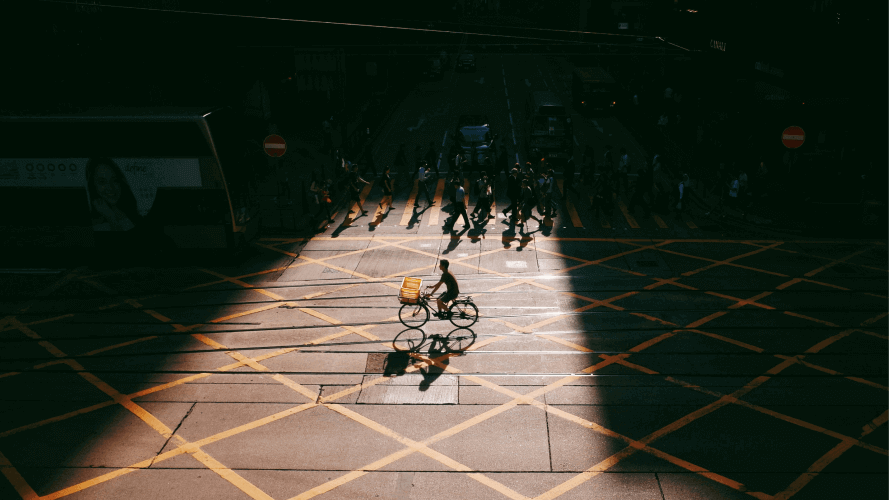
Use hard lighting techniques where you want to highlight sharp lines and bold shapes.
It can also be used creatively to evoke mood and atmosphere, lending a cinematic quality to your compositions.
Also read: Lightroom Wedding Presets for Photographers
How to Use Hard Light Effectively
Imagine capturing a dramatic portrait against an urban backdrop, with harsh sunlight casting deep shadows and illuminating the subject’s features with striking clarity.
By embracing hard light, you can infuse your image with intensity and energy, capturing a moment that resonates with raw emotion and authenticity.
To maximize the impact of hard light, consider the angle and intensity of your light source.
Experiment with positioning your light to create dramatic shadows and highlights, emphasizing texture and dimension.
Additionally, you can manipulate hard light by using modifiers such as snoots or grids to control its direction and focus.
What is Soft Light?
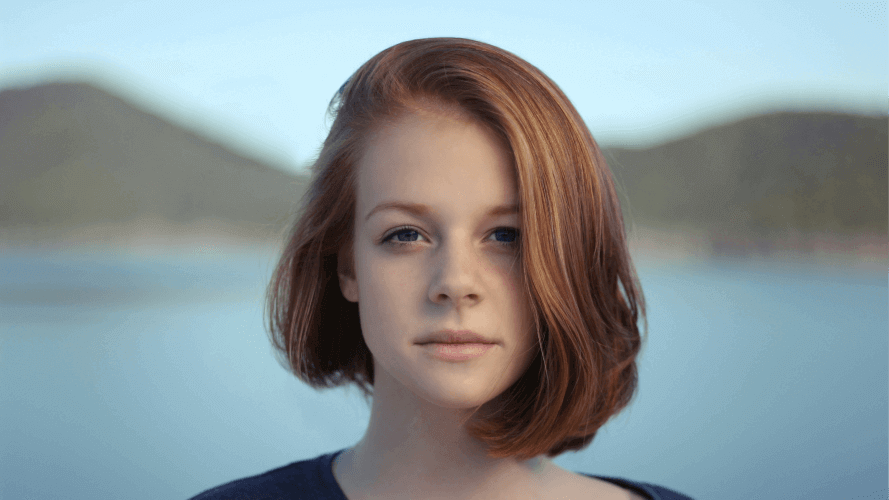
In contrast to the boldness of hard light, soft light exudes a gentle, diffused glow that bathes your subjects in flattering illumination.
Soft light minimizes harsh shadows, resulting in smoother transitions between light and dark areas, and creating a soft, ethereal quality that enhances the overall mood of your photographs.
This type of light is often produced by a large, diffuse light source like an overcast sky, a softbox, or a large window with sheer curtains.
It is commonly used in portrait photography, as it minimizes harsh shadows, reduces wrinkles, and creates a more pleasing, natural look. Soft light tends to give images a warm and inviting feel.
When Should You Use Soft Light?
Soft light can be used effectively in several situations where you want to create a gentle, flattering effect or smooth out harsh features. Choose soft light when you want to:
Create Flattering Portraits to reduce harsh shadows and soften facial features, making them ideal for close-up shots.
Smooth Out Skin and Imperfections to give the subject a more even, natural look, especially in beauty or fashion photography.
Achieve a Gentle, Dreamy Mood for a calm, serene atmosphere, often used in lifestyle or fine art photography.
Create Even Lighting in Studio Settings to ensure the light wraps around the subject, providing consistent exposure across the frame.
Enhance Product Photography for even lighting that highlights products without harsh reflections or deep shadows.
Applications of Soft Light Photography
Soft light is synonymous with portrait photography, where its flattering qualities can enhance the natural beauty of your subjects.
Whether you’re shooting in a studio or outdoors, soft light creates a sense of intimacy and warmth, making your subjects appear approachable and inviting.
It’s also well-suited for still life, food photography, and any situation where you want to convey a sense of softness and serenity.

How to Use Soft Light Effectively
To achieve soft light, consider using modifiers such as umbrellas, softboxes, or diffusers to scatter and soften the intensity of your light source.
By feathering the light or adjusting its distance from your subject, you can further refine the quality of your soft light, creating a flattering glow that enhances skin tones and minimizes imperfections.
Also Read: Photo Editing Workflow: Integrating AI Tools for Faster, Smarter Edits
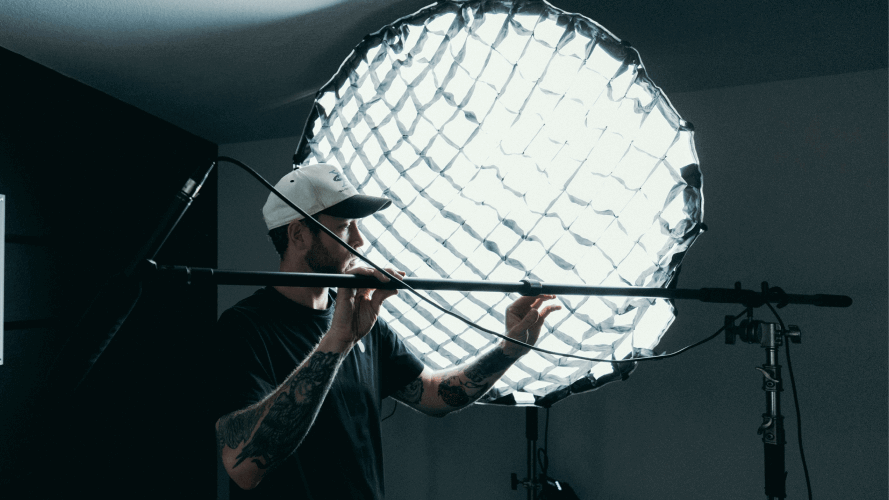
Hard Light Vs Soft Light? It’s for You to Decide
The choice of hard vs soft light ultimately depends on the mood, atmosphere, and aesthetic you want to convey in your photographs.
Experiment with different lighting techniques, modifiers, and environments to discover what works best for your unique style and vision.
Whether you’re drawn to the bold drama of hard light or the muted elegance of soft light, embrace the versatility of these photography lighting techniques and let your creativity shine!
Hard vs Soft: Which Type of Light is Better?
There’s no definitive answer to which type of light is better, as it ultimately depends on the desired effect and the context of the photograph. Both hard and soft light have their strengths and are suited to different scenarios. If you want strong contrast and dramatic effects, such as in fashion, editorial, or conceptual photography, then hard light is better to use. And if you want flattering portraits, especially for skin tones and faces, then soft light should be your choice
Final Thoughts on Hard Light vs Soft Light in Photography
Remember, there are no hard and fast rules in photography, so don’t be afraid to push the boundaries of your creativity using different lighting methods.
In a nutshell, the difference between hard light and soft light is like comparing a bold espresso shot to a smooth latte.
Hard light brings the drama with sharp shadows and intense highlights, perfect for scenes that need a punch.
Soft light, on the other hand, wraps your subjects in a cozy blanket of gentle glow, making everyone look like they just stepped out of a spa day.
So, whether you’re all about that edgy vibe or prefer your shots to feel like a warm hug, don’t be afraid to play around with hard and soft light.
After all, it’s all about finding your unique style and letting your creativity shine, one click at a time!
P.S. If you’re just starting your photography business, here are 8 tips you’ll find super helpful. And if you are looking for a tool that helps you cull and edit all those images you shot using that perfect lighting, Aftershoot is here to help. Start your free 30-day trial today!


